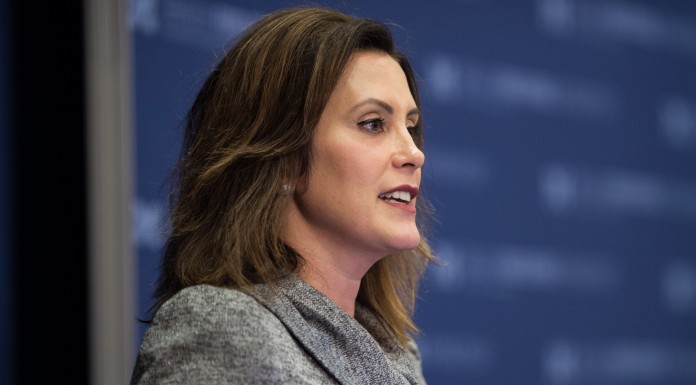
OPINION |
By Adam Laxalt
Fox News – Freedom of Information laws protect democracy by empowering citizens to hold officials accountable.
This safeguard isn’t swept aside because our country is suffering through a pandemic; it becomes more important to make sure politicians are acting responsibly.
In an editorial published last week, The New York Times rightly asserts that public officials don’t get to withhold information and avoid accountability. In fact, the public deserves more transparency in difficult times.
“While the work of government continues, citizens are losing a fundamental right to transparency. That’s a threat to good government and democracy,” the editors write.
Those entrusted to process FOIA requests perform a critical service that cannot go unfulfilled or under-fulfilled, even during times of crisis. However, despite the greater need for transparency in the wake of COVID-19, some governors have decided to withhold vital information and obstruct the FOIA process.
For example, Gov. Gretchen Whitmer, D-Mich., is using emergency powers provided during the pandemic to refuse a request by Americans for Public Trust.
APT is seeking vital information pertaining to a state contract with Great Lakes Community Engagement, a data firm with ties to Whitmer’s 2018 gubernatorial campaign and Democratic data firm NGP VAN, which boasts that it’s the “leading technology provider to Democratic and progressive campaigns and organizations.”
Why this no-bid contract was awarded by the governor’s office has never been explained.
The people of Michigan are being kept in the dark about why a Democratic political data firm was hired to conduct sensitive coronavirus-contact-tracing surveys that gave the firm access to personal and private health records.
Does the Democratic data firm have the health records of Michigan residents? If so, what are they doing with them; if not, where are the records? Who made this decision and why is the no-bid process being shielded from public vetting?
All governors work for their citizens, not the other way around … Read more.



